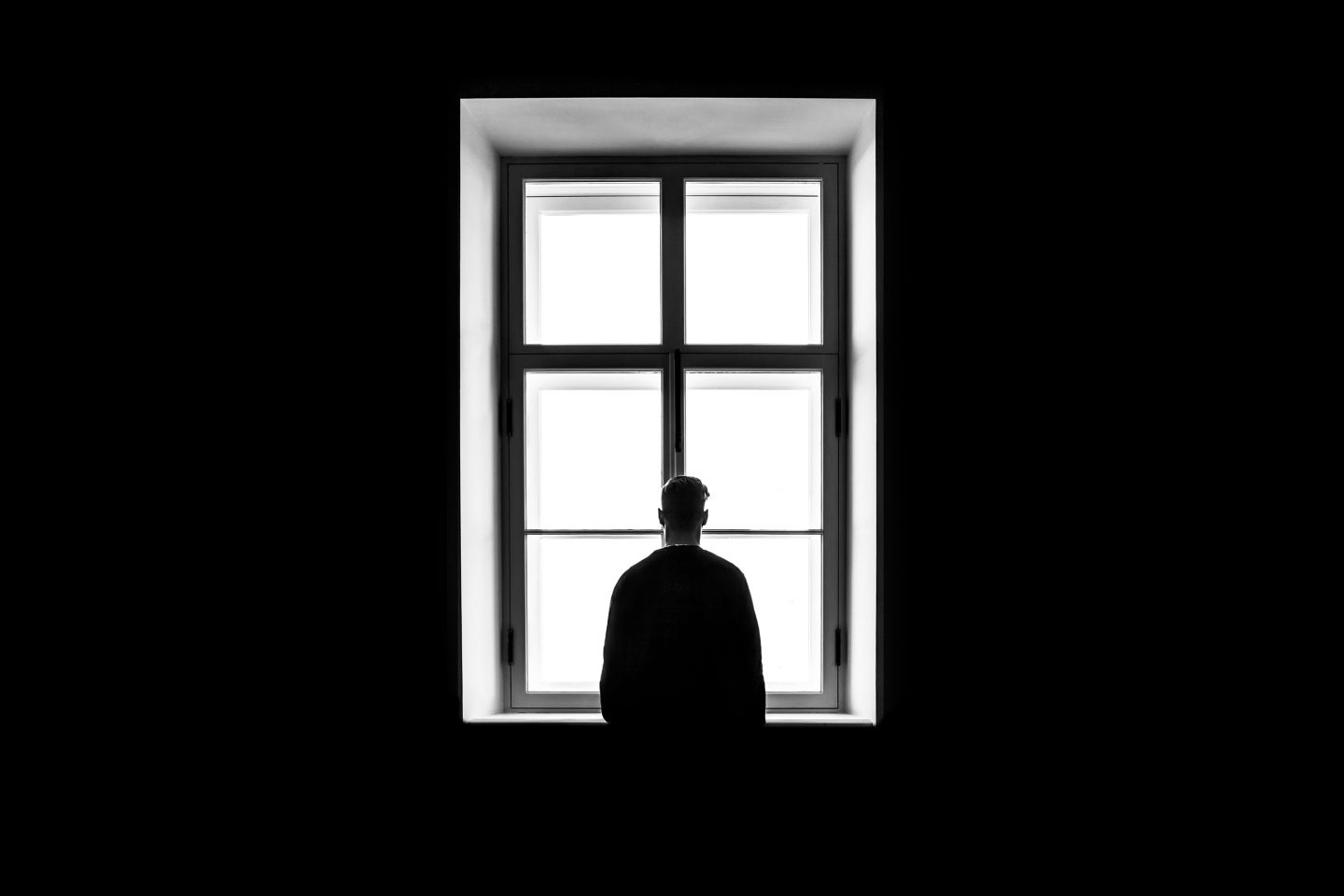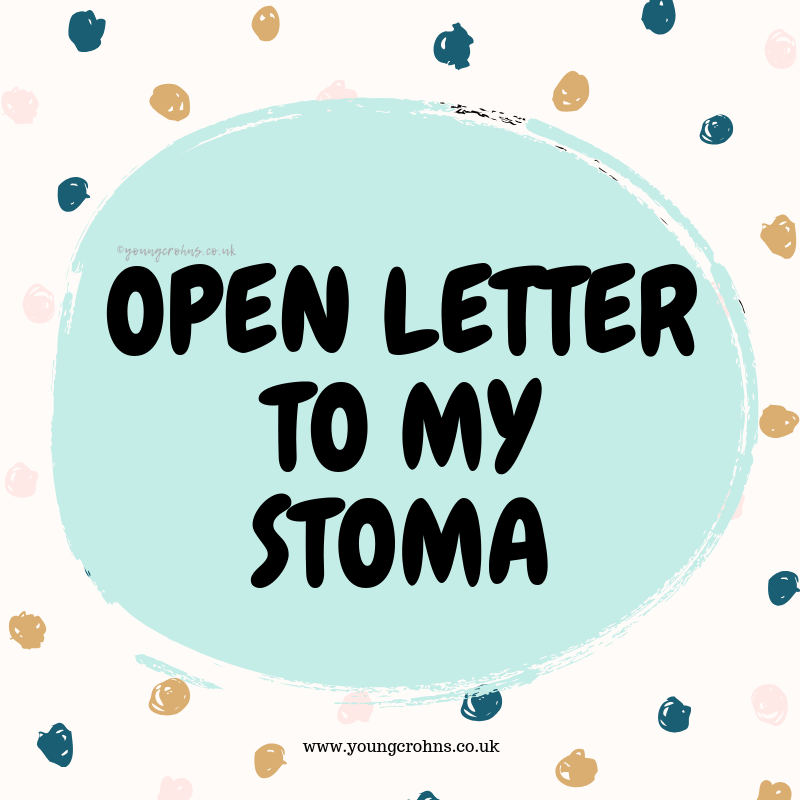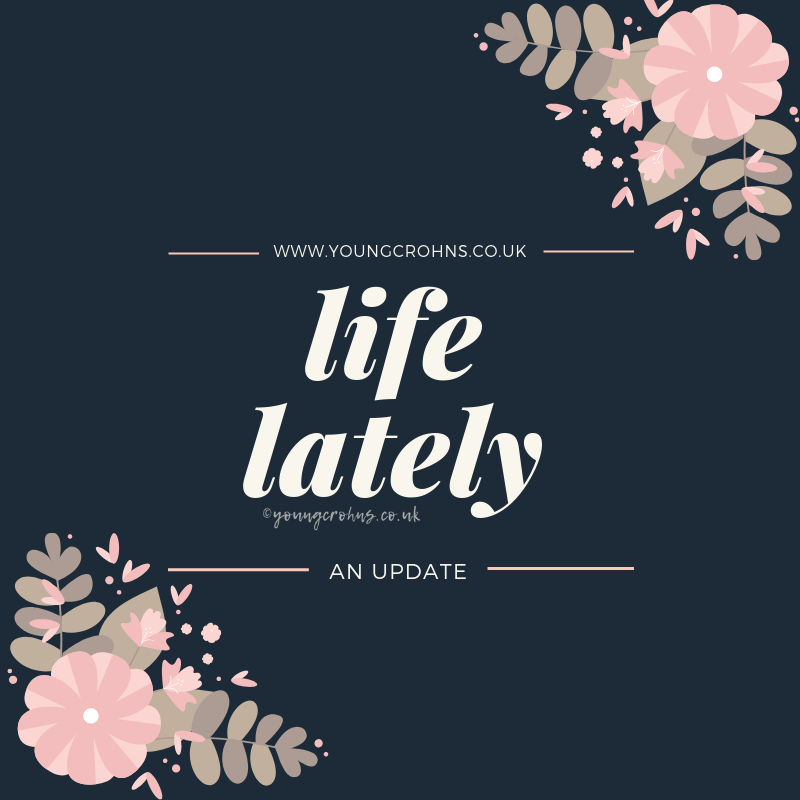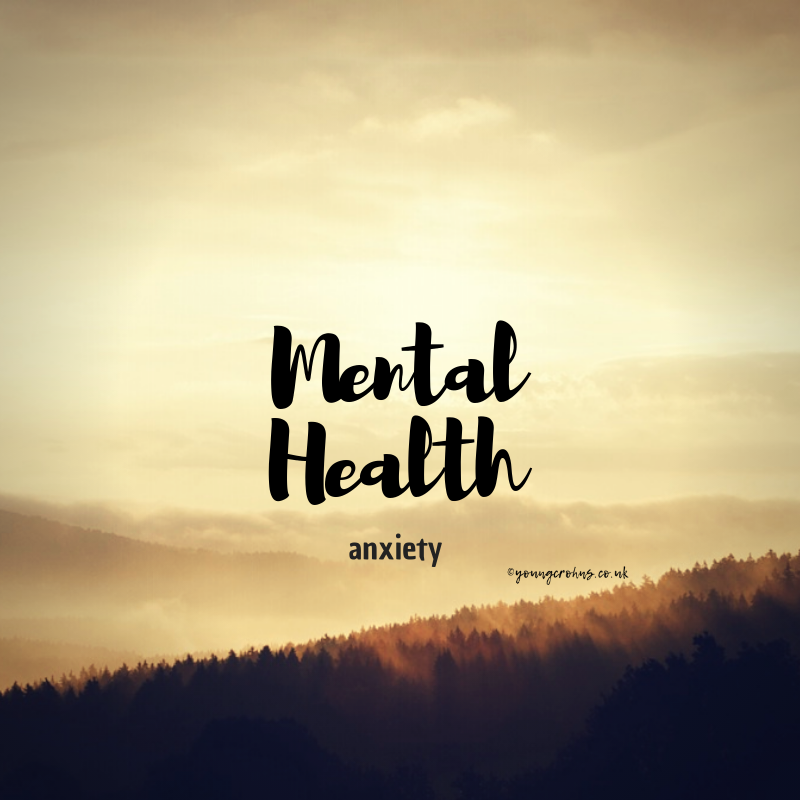
Health Anxiety
What is meant by ‘health anxiety’?
A sudden or unexpected health event can change your life in many ways. Feelings of shock, anger, grief, loss and sadness can be commonplace. And while these feelings usually pass with time, if they cause ongoing stress, you may be at greater risk of developing depression and anxiety.
Health anxiety is an anxiety condition that is often housed within the Obsessive Compulsive Disorder (OCD) spectrum of disorders. Those affected by health anxiety can have an obsessional preoccupation with the idea that they are currently – or will – experiencing a physical illness. The most common health anxieties tend to centre on conditions such as cancer, HIV and AIDS but can stretch further into the chronic illness community. A person experiencing health anxiety can fixate on any type of illness; and this is known as health anxiety, illness phobia, illness anxiety or hypochondria. Those who are affected by health anxiety or illness phobia are convinced that harmless physical symptoms are indicators of serious disease or severe medical conditions.

How is this different with a chronic illness diagnosis?
- People with other chronic medical conditions have a higher risk of depression.
- People with depression are at higher risk for other medical conditions.
- Depression is treatable even when other illness is present.
Why is it important to recognise?
- Dealing with anxiety or depression on top of an already present diagnosis, you will have treatment for two chronic illnesses that are sometimes at cross purposes. When one of them flares up, the other one will almost certainly react, but not always in the same way.
- The two conditions are inextricably linked and their symptoms can play off one another.
- When someone has a chronic illness—whether it be physical or psychological—it can be understandably distressing to deal with the symptoms and concerns about the future. The more an illness may consume a person’s life and thoughts, the more negativity tends to take over.
- It is possible for chronic illness to trigger anxiety because a person begins to associate significant aspects of their life with fearful thoughts and feelings. Then, perhaps the anxiety itself becomes an additional burden on top of the original illness, and the causes for anxiousness increase even more. This is the nature of anxiety: it tends to compound. It interacts with the surrounding environmental and psychological factors and takes on a life of its own.

How can we make this easier?
Make Sure You’re An Expert At It
Gather every possible piece of information you can. Revel in reading the symptoms and finding a mirror within them. Especially when you feel like you’ll die from that headache that you’re certain is brain cancer. Then relax for an hour or two knowing your disorder is to blame for those extreme thoughts. This might require repetition in the beginning, especially because people with health anxiety often need reassurance.
The more you acquaint yourself with something, the more comfortably you can deal with it. That’s no secret. As it’s a part of your being, anxiety won’t go away completely. But you can lessen its grasp through understanding and self-awareness.
Find What Works For You
It’s natural to feel overwhelmed when countless people share their particular way of dealing with a situation and they turn out to be contradictory. It goes without saying that not every solution works well for every single person. This happens simply because each person is affected differently. You’ll want to find what fits your specific situation, which may require a bit of trial and error.
Stop Blaming Yourself
The circumstances, neglect and traumas you’ve faced throughout your life play a role in how your brain functions. These experiences helped create and mould your own personal “anxiety pack.” And while you may think you are to blame for whatever is triggering the intrusive thoughts—you’re not. You did not build your “anxiety pack.” The negative thoughts you experience are symptoms. You are not telling yourself to have these anxious thoughts, just like you cannot tell yourself to simply stop having them. However, just because it’s not your fault doesn’t mean it’s okay to deliberately avoid necessary treatment or seeking help.
Don’t Reject Treatment Because Of Stigma

Health anxiety is a type of anxiety disorder. And being that means treating it accordingly with specific medications, therapy or a combination of both.
Remind yourself that you are the one going through this. Not your family, not your friends. They have no idea how it feels. They should not be a barrier to you getting better.
I can’t stress enough that treatment with a professional is key to recovery. Before I finally started seeing a therapist, I thought I was the only person who felt this way. Getting help made me feel like I belong, and maybe that’s all I needed to get started.
Even with the suffering health anxiety can make me endure, my fears have taught me a lot about living. I’ve reached the point where I can acknowledge my fear, but also acknowledge that the time I spend with my worries is time I could be using to improve my life. I’m unsure if my anxiety will ever go away. But now that I know how to live with it, I’ve accepted my anxiety as a part of my life.
Self Help Tips:
- Keep a diary
- Challenge your thoughts
- Keep busy with other things
- Get back to normal activities
- Try to relax
See a GP if your worries about your health are preventing you leading a normal life and self-help isn’t working. If the GP diagnoses you with health anxiety, they may refer you for a psychological therapy, such as cognitive behavioural therapy (CBT), or offer you a medicine for anxiety. You can also refer yourself directly for psychological therapies.
Do you have any questions or queries? Or just want to share your own experiences? You can leave me a reply here or leave comments via my social media accounts – on Twitter, find my blog page on Facebook and over on Instagram

If you enjoyed this post check out Life Lately | The Revolving Door of Feelings , That Seven Year Itch and Expectations: The Chronic Illness Saga
Further Reading:
- NHS – Health Anxiety
- Anxiety UK – Health Anxiety
- NHS Camden CCG – Health Anxiety – A Self Help Guide [pdf]
- The BMJ – Anxiety
- NIMH – Chronic Illness & Mental Health
- Cognitive Therapy & Research, Feb 2019; S Farris – Cognitive Processess in Anxiety and Comorbid Phsyical Illness and Health Behaviour
- European Psychologist, 2019; J Hudson – Treating Illness Distress in Chronic Illness



